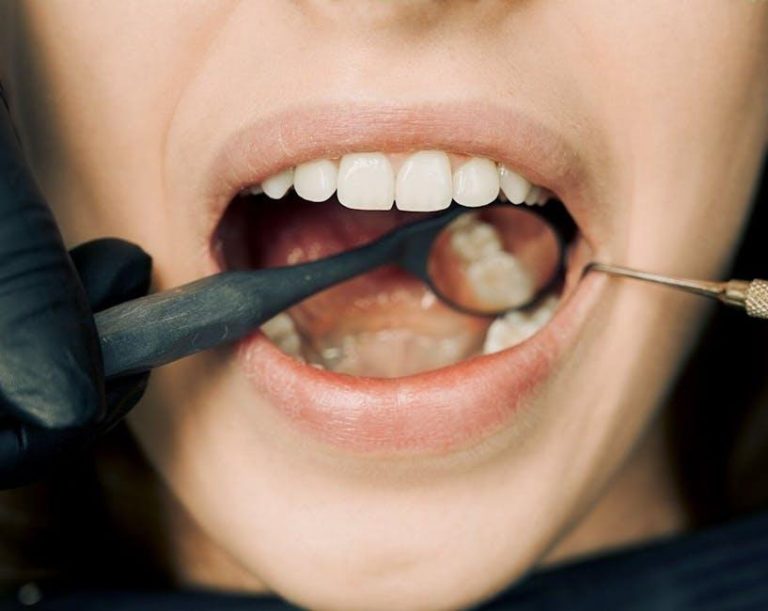
Most Common Causes of Cavities in Teeth — and How to Prevent Them
Cavities, also known as dental caries or tooth decay, are one of the most widespread dental problems affecting people of all ages. Understanding what causes cavities and how to effectively prevent them can save you from painful visits to the dentist and protect your smile for a lifetime. In this article, brought to you by Fox News, we explore the most common causes of cavities and provide actionable tips to maintain optimal oral health.
What Exactly Are Cavities?
Cavities are permanently damaged areas in the hard surface of your teeth that develop into tiny openings or holes. They form when acids produced by bacteria in your mouth dissolve the enamel, the protective outer layer of your teeth. If untreated, cavities can progress deeper into the tooth, leading to pain, infection, and even tooth loss.
Most Common Causes of Cavities
Several factors can increase the risk of developing cavities. Here are the most common causes you should be aware of:
1. Poor Oral Hygiene
Failing to brush and floss regularly allows plaque—a sticky film of bacteria—to build up on teeth. These bacteria feed on leftover food particles, producing acids that erode tooth enamel.
2. High Sugar and Acidic Diet
Consuming sugary foods, sodas, and acidic beverages frequently provides bacteria in your mouth with fuel to produce enamel-attacking acids.
3. Dry Mouth (Xerostomia)
Saliva helps neutralize acids and wash away food particles. Conditions or medications that reduce saliva can increase cavity risk.
4. Frequent Snacking or Sipping
Eating or drinking often, especially sugary or acidic items, prolongs acid attacks on teeth throughout the day.
5. Deep Tooth Grooves
Some people have naturally deep pits and fissures on the chewing surfaces of their molars that trap bacteria and food.
6. Inadequate Fluoride Exposure
Fluoride strengthens enamel and helps reverse early decay. Lack of exposure from water or dental products can increase cavity risk.
7. Age Factors
Children and older adults tend to have higher cavity rates due to factors like developing teeth and receding gums.
Table: Common Causes of Cavities and Their Effects
| Cause | How It Affects Your Teeth | Common at What Age |
|---|---|---|
| Poor Oral Hygiene | Build-up of plaque and acid attacks enamel | All ages |
| High Sugar/Acid Diet | Feeds bacteria increasing acid production | Children & Teens |
| Dry Mouth | Reduced acid neutralization and cleansing | Adults & Seniors |
| Frequent Snacking | Continuous acid attacks without recovery | All ages |
| Deep Tooth Grooves | Food/bacteria traps in fissures | Children & Adults |
| Inadequate Fluoride | Weak enamel prone to decay | All ages |
How to Prevent Cavities: Practical Tips
Preventing cavities is possible with consistent and mindful care. Here are some practical and effective ways to protect your teeth:
- Maintain Proper Oral Hygiene: Brush your teeth at least twice a day with fluoride toothpaste and floss daily to remove harmful plaque.
- Limit Sugary and Acidic Foods: Reduce intake of candies, sodas, fruit juices, and acidic snacks. When you do consume them, brush or rinse afterward.
- Drink Plenty of Water: Water helps wash away food and bacteria and supports saliva production.
- Use Fluoride Treatments: Opt for fluoridated toothpaste and mouth rinses. Your dentist might recommend professional fluoride varnishes.
- Schedule Regular Dental Check-ups: Professional cleanings and exams allow early cavity detection and prevention advice.
- Consider Dental Sealants: Sealants are protective coatings applied to molars to prevent food and bacteria from settling in grooves especially in kids and teens.
- Address Dry Mouth: Stay hydrated, chew sugar-free gum, and discuss medications with your doctor if dry mouth persists.
- Avoid Frequent Snacking: Stick to meal times and minimize snacking to reduce prolonged acid exposure.
Benefits of Cavity Prevention
Keeping cavities at bay doesn’t just protect your teeth — it enhances overall health and well-being.
- Minimal Dental Costs: Preventive care reduces expensive dental treatments like fillings, crowns, or root canals.
- Improved Confidence: Healthy teeth support confident smiles and fresh breath.
- Better Nutrition: Healthy teeth allow comfortable chewing and eating diverse nutritious foods.
- Reduced Risk of Other Health Issues: Good oral health is linked to lower risks of heart disease and diabetes complications.
First-Hand Experience: How Prevention Changed My Smile
Jessica, a 32-year-old marketing professional, shares her story:
“Growing up, I struggled with cavities every year. After learning about cavity causes, I changed my diet, started using fluoride toothpaste, and kept up regular visits to my dentist. Now, it’s been over 5 years without a single cavity! My smile feels stronger and healthier, and I avoid the anxiety of dental procedures.”
When to See a Dentist
Even with prevention, some people develop cavities. If you notice any of the following, schedule an appointment promptly:
- Tooth sensitivity to hot, cold, or sweet foods
- Visible holes or pits in teeth
- Tooth pain or discomfort
- Swelling or pus around a tooth
Conclusion
Cavities remain a common dental challenge, but with the right knowledge and habits, they are largely preventable. Prioritizing good oral hygiene, managing your diet, and visiting your dentist regularly form the foundation for cavity-free teeth and lasting dental health. Stay proactive and keep your smile shining bright with these expert insights from Fox News.


